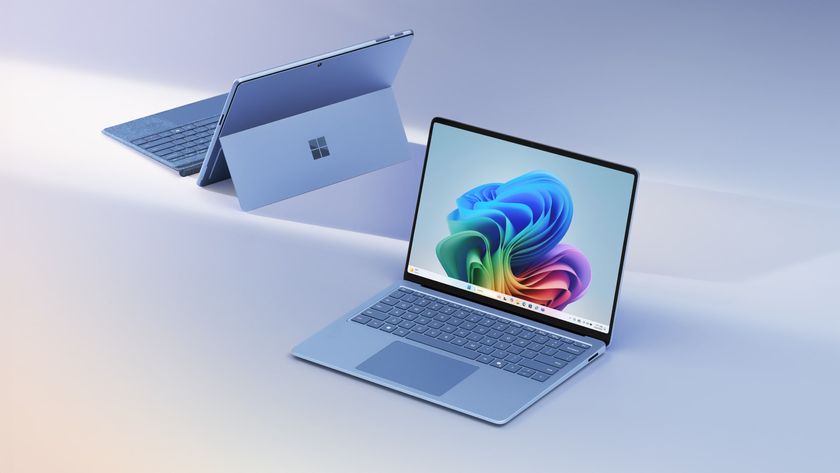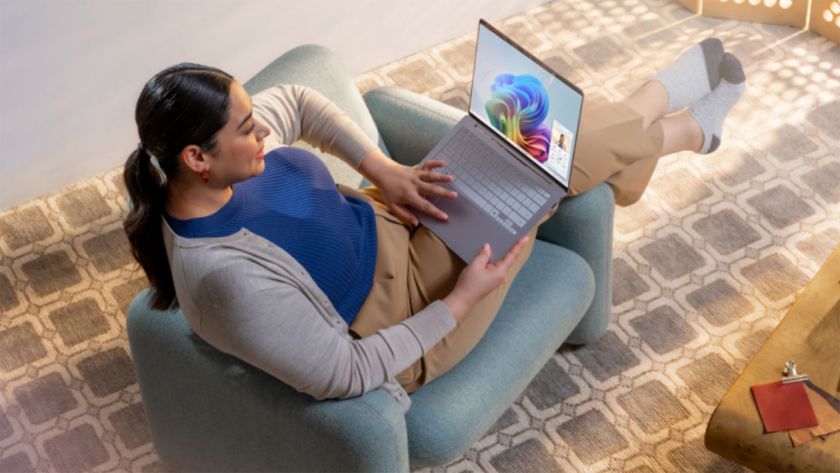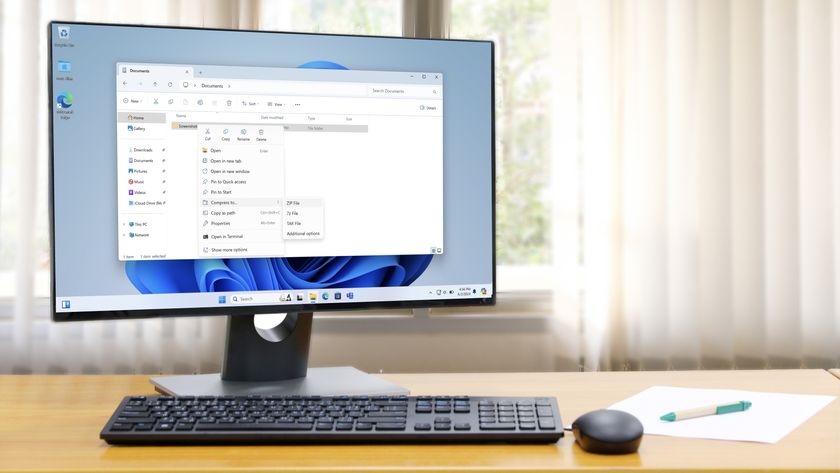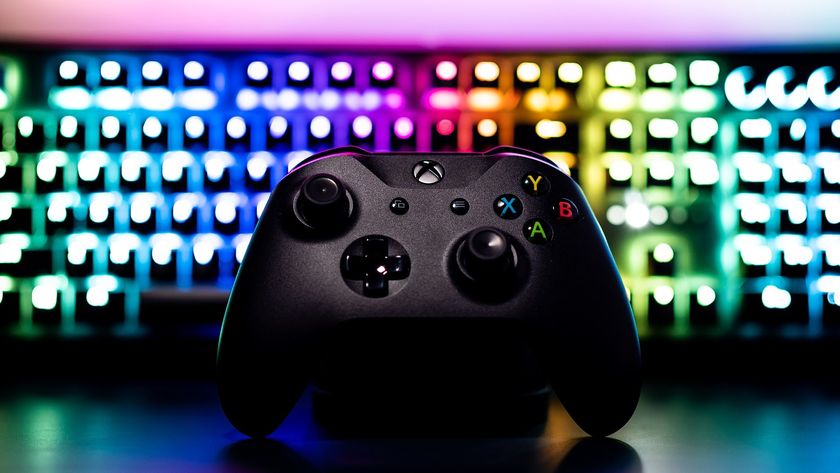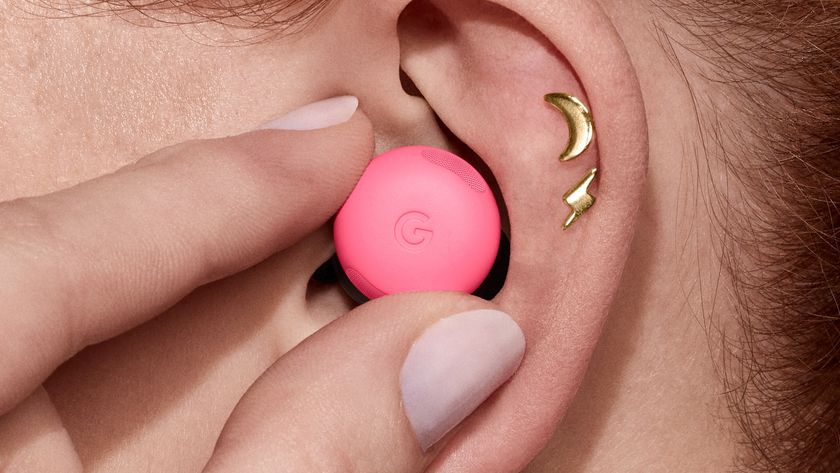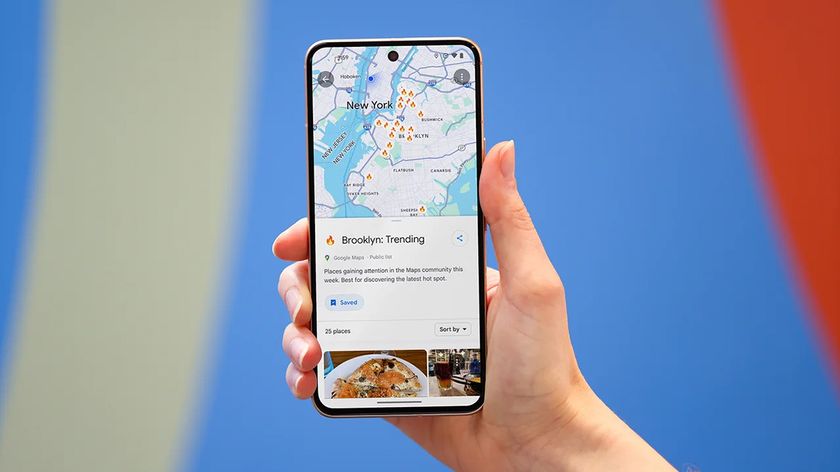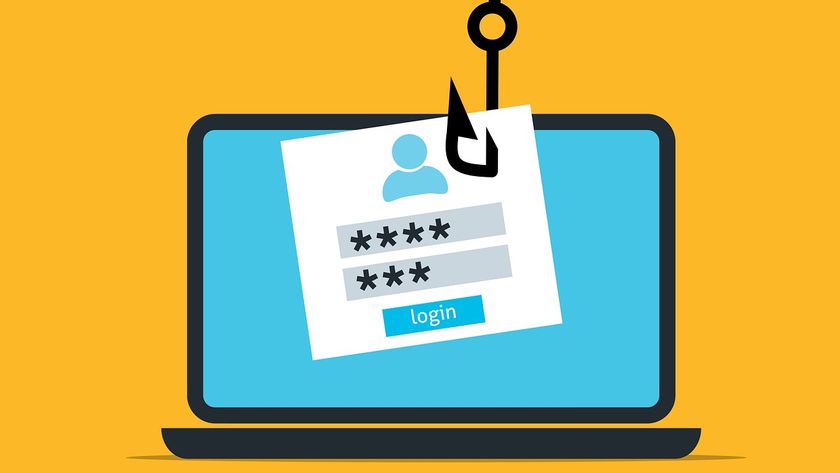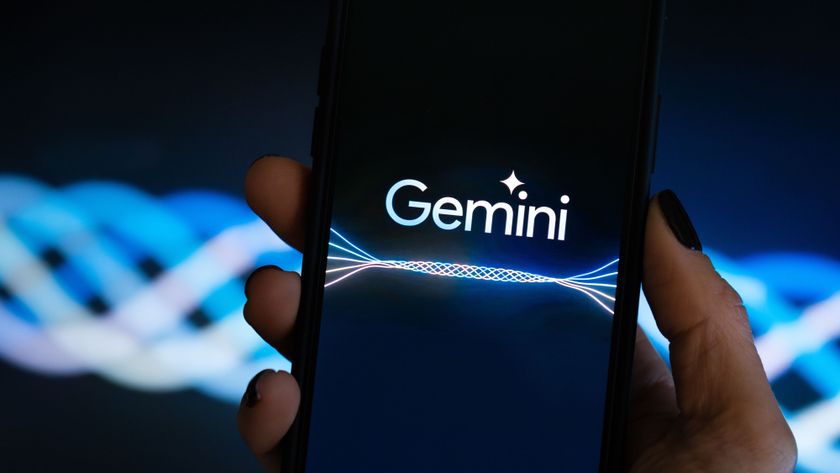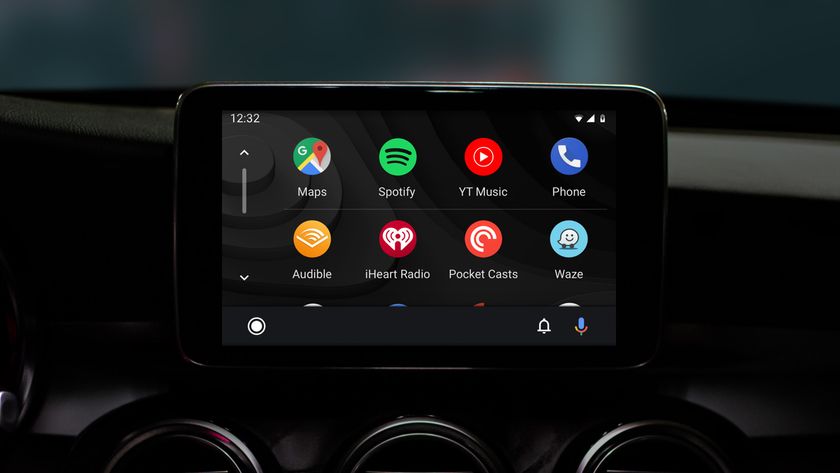Microsoft won’t pre-load Windows installation files without consent ever again
Thanks to successful German legal action
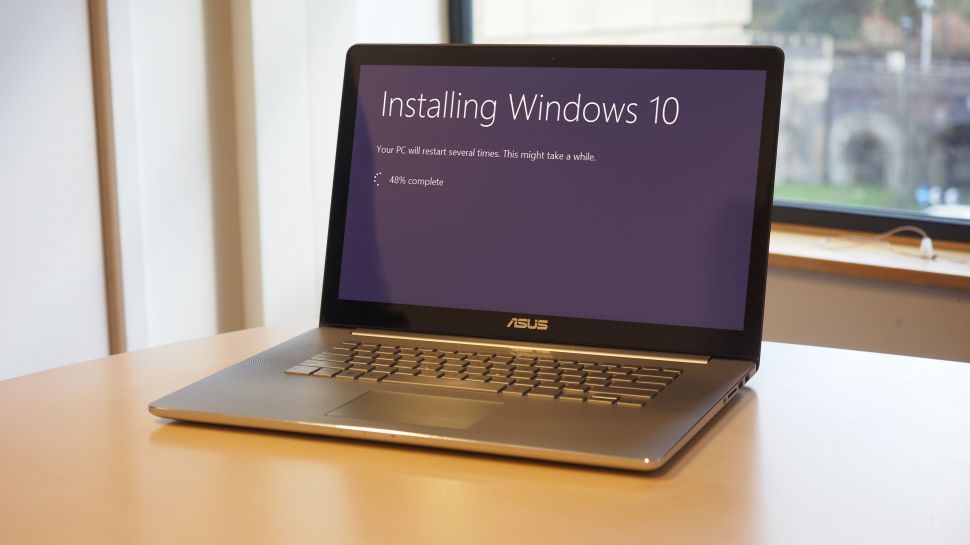
Way back before Windows 10 debuted, Microsoft engaged in all manner of controversial tactics in order to push free upgrades onto Windows 7/8 users, and one major annoyance was the pre-fetching the installation files without any consent.
Today Microsoft has promised it’s a practice that won’t be employed ever again.
This comes off the back of a legal action launched by a consumer protection organization over in Germany (Verbraucherschutz Baden-Württemberg), which sought retribution for the grievances of Windows 7/8 users who had approximately 6GB of Windows 10 installation files downloaded onto their PC.
The German watchdog argued that users didn't agree to the free upgrade offer, and the pre-installation files were part of a ‘forced download’ hidden in the background.
The good news is that after a lengthy legal battle lasting over a year and a half, Microsoft has agreed to stop this kind of stealthy pre-loading of OS installation files.
As MS Power User reports, the company has stated: “Microsoft will not download install files for new operating systems to a user system’s hard disk without a user’s consent.”
Clearly that’s good news, although the practice should never have happened in the first place, of course.
Get daily insight, inspiration and deals in your inbox
Sign up for breaking news, reviews, opinion, top tech deals, and more.
What about updates?
Not just Microsoft but other software companies will likely take note of this judgment, and another interesting point is whether this could pertain to pre-loading the twice-yearly major updates for Windows 10 – which can be pretty hefty things themselves.
In case you’ve forgotten, Microsoft’s dubious practices in pushing Windows 10 upgrades prior to the release of the operating system included the likes of persistent nagging pop-ups that couldn’t be removed (and subsequently got more in your face), confusingly worded prompts, and even accusations of unsolicited installations.
Incidentally, the free upgrade to Windows 10 is still an offer you can take up, even though it officially ended over a year ago now.
- Have you seen the best monitors? How about the best Windows tablet?
Darren is a freelancer writing news and features for TechRadar (and occasionally T3) across a broad range of computing topics including CPUs, GPUs, various other hardware, VPNs, antivirus and more. He has written about tech for the best part of three decades, and writes books in his spare time (his debut novel - 'I Know What You Did Last Supper' - was published by Hachette UK in 2013).
